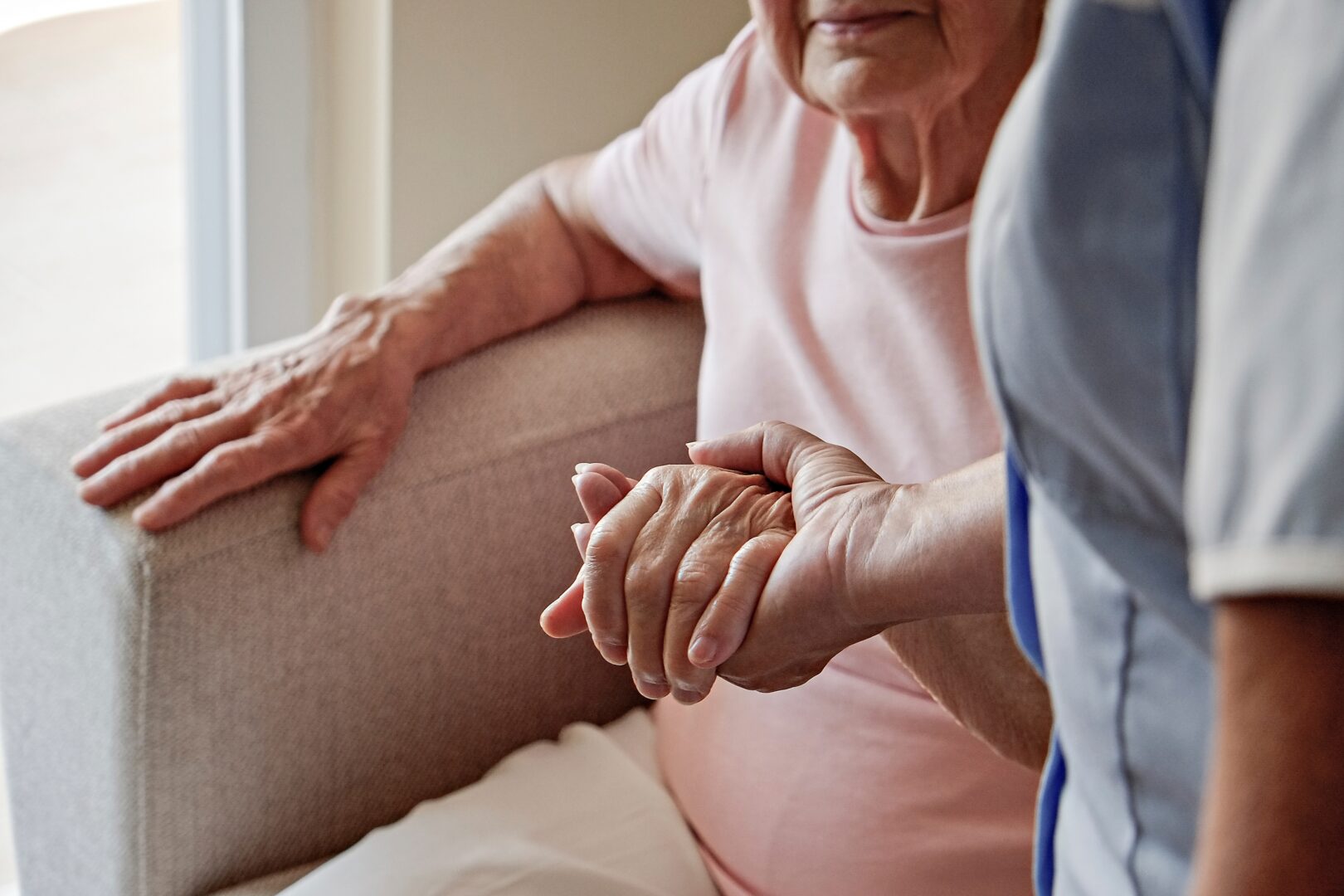Recognizing when an aging loved one needs more elder care can be challenging, but there are several signs and indicators that can help you assess their situation.
Here are some common signs that may indicate a need for increased care:
Changes in physical health
Look out for declining physical health, unexplained weight loss, difficulty with mobility or balance, chronic pain, or frequent accidents or falls. It’s possible they may need a senior caregiver to provide supervision. That could look different for each individual, either in-home care services or a move to a elderly care facility.
Cognitive decline
Noticeable changes in memory, confusion, difficulty with decision-making, disorientation, repetitive speech or actions, or difficulty following conversations can indicate a need for more care, and depending on a diagnosis, even trained in home dementia care.
Neglecting personal hygiene
Personal care, hygiene & grooming, is a common need when it comes to elderly parent care. If your loved one is neglecting their personal hygiene, wearing the same clothes repeatedly, or having difficulties with grooming tasks, it may be a sign that they require assistance from a trusted friend or family member or a professional caregiver in their home.
Increased dependency
One of the primary challenges for family caregivers is increased dependency from a loved one. Fielding more calls, making more visits, staying longer at their home to ensure your loved one is safe. This can create a hardship for the family caregiver. If your loved one is becoming increasingly dependent on others for activities of daily living, such as bathing, dressing, eating, or managing medications, it may be an indication that additional elder care is necessary. If you notice this happening with increased frequency, it’s time to investigate senior care services near you.
Social withdrawal or isolation
A noticeable decline in social engagement, withdrawal from hobbies or activities they once enjoyed, or a lack of interest in interacting with friends or family might suggest a need for more support, either elderly companion care or, if medical consideration is necessary, nursing in home care.
Erratic or forgetful behavior
Frequent forgetfulness, missed appointments, difficulty managing finances, or problems with medication management could be signs that additional care is required, potentially in home dementia care, if that is the diagnosis.
Safety concerns
Pay attention to signs of neglecting home maintenance, unexplained bruises or injuries, leaving stoves or appliances on, or forgetting to lock doors. Is it possible that they may need 24 hour in-home care? Increasing concerns may indicate a decline in their ability to maintain a safe living environment and the need to find suitable family elderly care.
Emotional or behavioral changes
Look for significant changes in mood, increased irritability, signs of depression or anxiety, or unusual behavior that is out of character for your loved one.
Lack of proper nutrition
Weight loss, skipped meals, spoiled food in the refrigerator, or a general decline in eating habits can be indicators that they need assistance with meal planning and preparation. Senior nutrition care is frequently an element of many in home care services.
Caregiver burnout
If the primary senior caregiver, whether it’s you or someone else, is experiencing extreme stress, exhaustion, or struggles to provide adequate care, it might be a sign that additional elderly care support is necessary.
Remember, these signs should be evaluated in the context of your loved one’s baseline behavior and overall health. It’s essential to communicate openly and compassionately with your aging loved one to discuss their needs and preferences regarding elder care options. Additionally, involving healthcare professionals, such as doctors or geriatric care managers, can provide valuable insights and guidance in determining the appropriate level of care, be it in home care or a move to a senior care facility. But the sooner you notice changes, the better it is to take action and secure the care needed.
